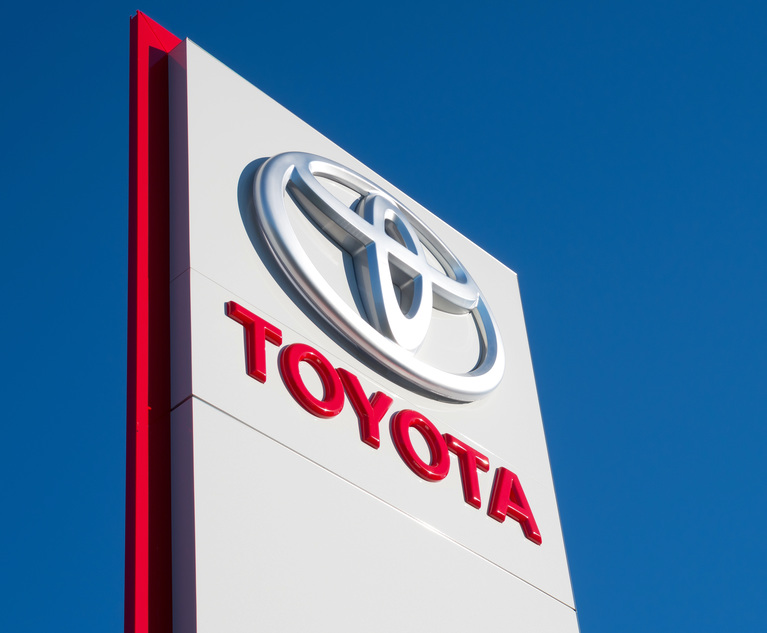
Wafric News – June 10, 2025
Global auto giant Toyota is under fire from investors and governance advocates over a controversial $33 billion deal aimed at taking one of its most crucial suppliers, Toyota Industries, private.
The buyout—valued at 4.7 trillion yen—is being slammed for what critics say is an attempt to consolidate control within the Toyoda family empire while sidelining minority shareholders.
At the heart of the uproar is the offer price of 16,300 yen per share, a figure international and domestic shareholders argue significantly undervalues Toyota Industries’ true worth. The supplier, known for its forklifts and deep integration into the Toyota Group’s manufacturing network, holds substantial real estate and industrial assets, which some investors say are being ignored in the valuation.
“The price is too low,” one Japanese shareholder reportedly said during what may be Toyota Industries' final annual general meeting as a public company. “This feels more like a power consolidation move than a fair deal.”
International investors aren’t staying quiet either. London-based Zennor Asset Management and Hong Kong’s Oasis Management have publicly criticized the offer, warning it erodes minority shareholder rights and transparency in corporate governance—a concern that has long dogged Japan’s corporate structure.
Oasis, which holds stakes in both Toyota Motor and Toyota Industries, has pledged to push for a better deal. Zennor and others argue the real estate value alone is being grossly underestimated, noting that Toyota Industries holds ¥1.5 trillion in property, plants, and equipment—recorded at depreciated value rather than real market price.
Toyota executives, however, defended the move. Koichi Ito, President of Toyota Industries, told shareholders the transaction was not made in disregard of minority voices but was “considered with all factors in mind.”
The buyout is part of a broader restructuring as Toyota positions itself as a “mobility company,” looking to align long-term strategy with group subsidiaries without the pressures of quarterly market expectations. The plan includes the creation of a new holding company, backed by capital from unlisted Toyota Fudosan and the Toyoda family itself. Toyota Motor will inject ¥700 billion in non-voting preferred shares, giving it significant influence without formal shareholder opposition.
Critics say the structure not only centralizes control but ensures dissenting voices—especially from minority stakeholders—have little to no say.
Toyota Group firms already control at least 39% of Toyota Industries, making the deal’s approval likely despite objections. On Tuesday, shares closed exactly at the offer price of 16,300 yen, signaling a market that’s already pricing in the outcome, however contested it may be.
The backlash over the deal throws fresh light on Japan’s corporate governance climate, where founder-family control, opaque deals, and suppressed minority input remain pressing issues. For many watching, the question is no longer about Toyota’s business acumen—but about the future of fair play in global finance.
By WafricNews Desk.
By WafricNews Desk.


Comment
To post a comment, you have to login first
LoginNo Comments Yet...